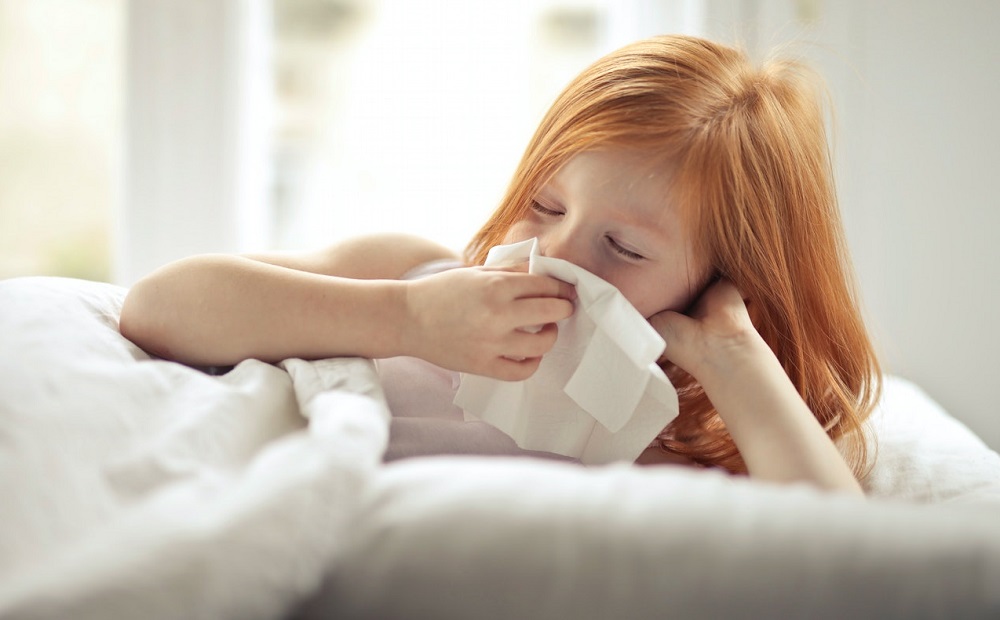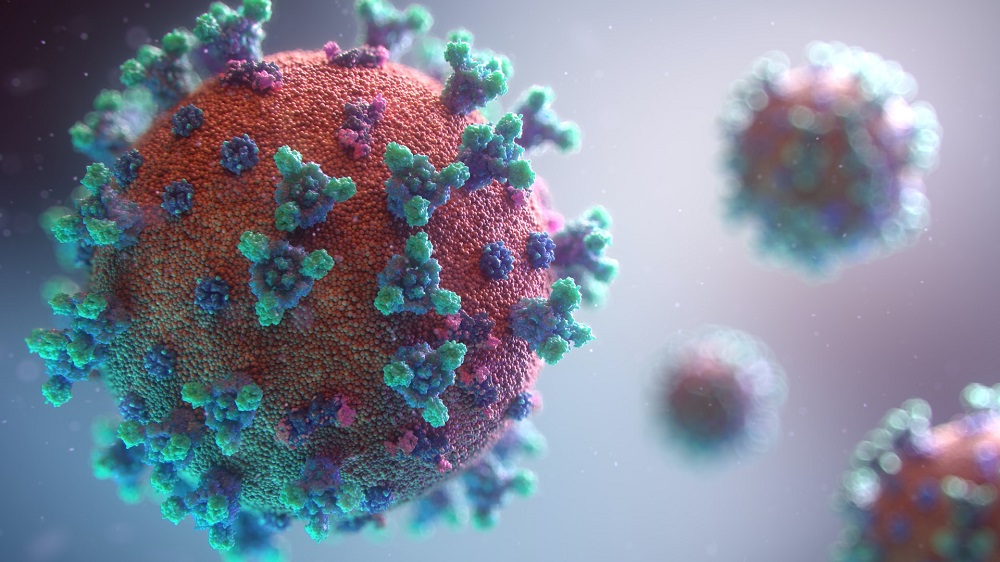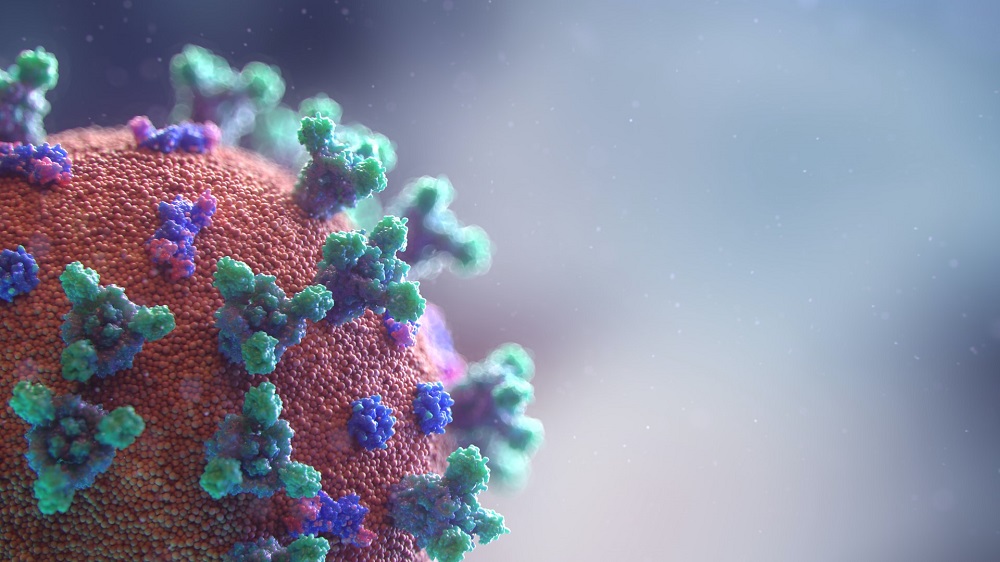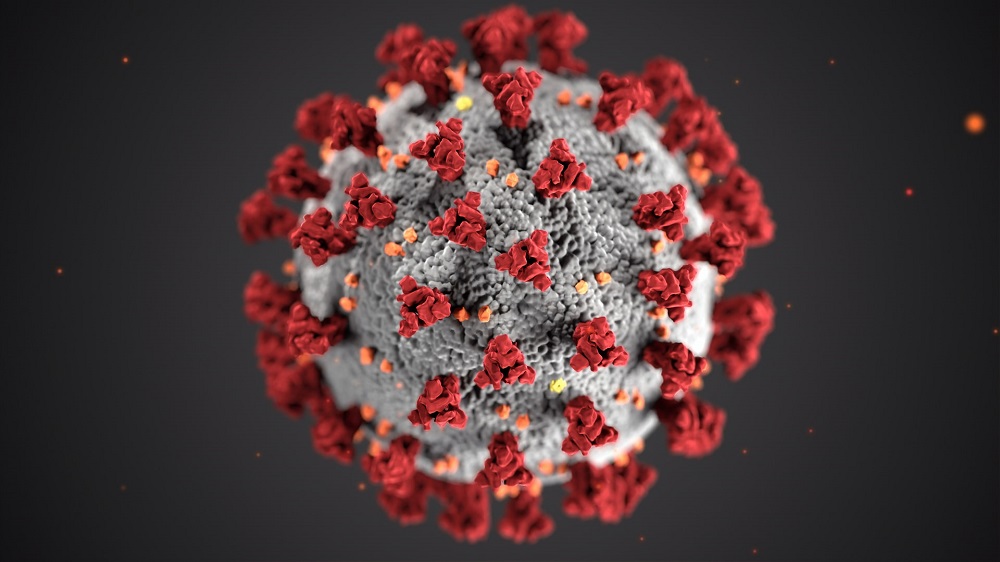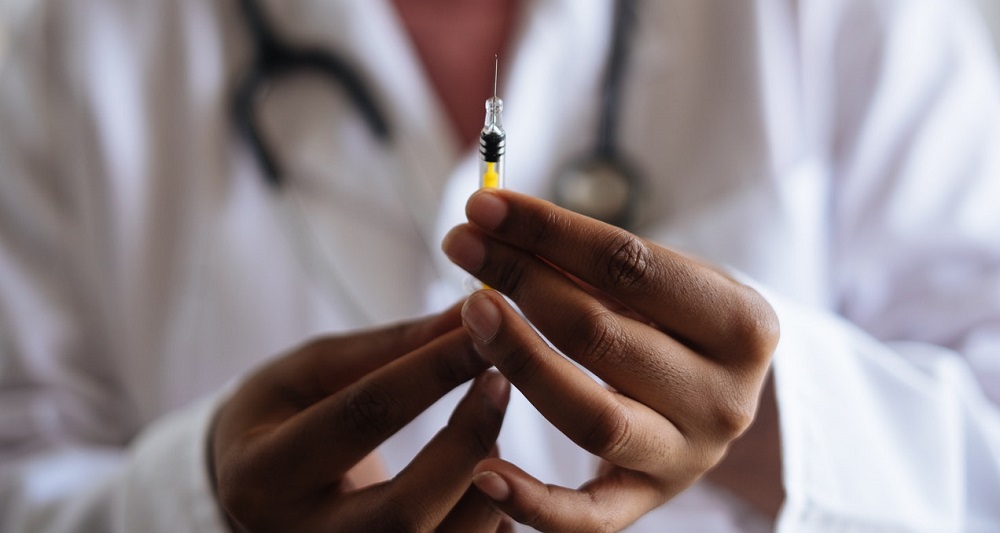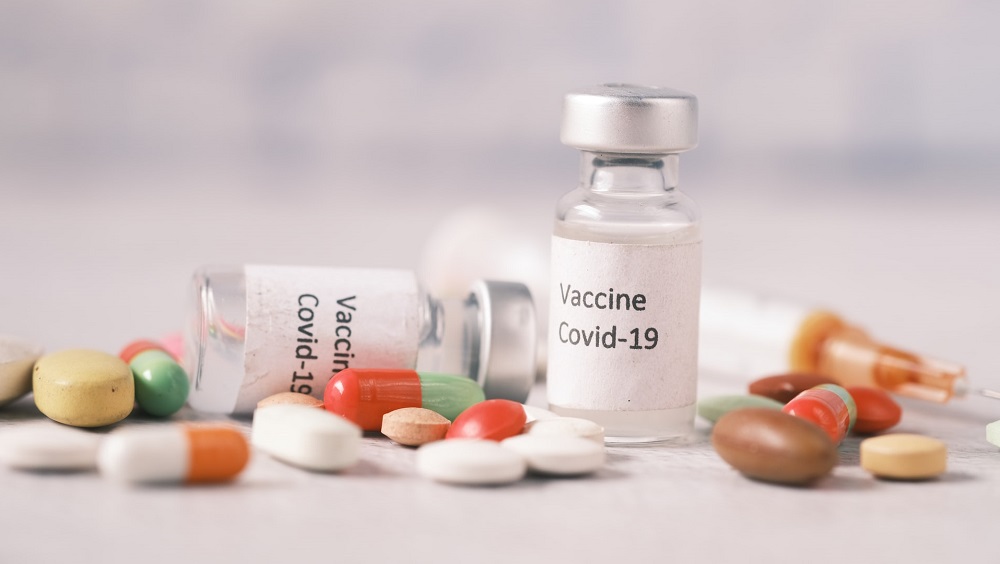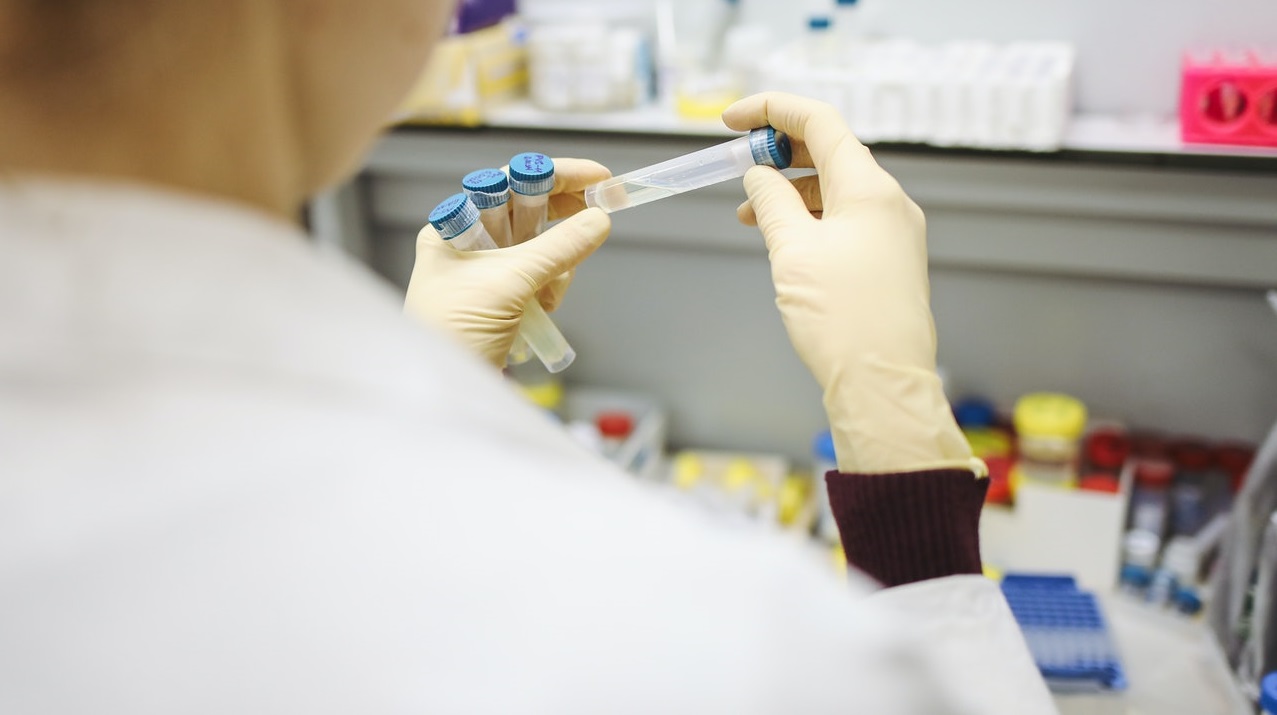Kinsa data shows that despite COVID-19 cases decreasing, the U.S. has recorded the same level of fevers for the last two weeks. This stable level of illness is likely due to several factors: regional divergence of COVID trends, with some heavily populated areas getting better while other regions are getting worse or staying the same. With the historically low 2020-21 illness season (aside from COVID, few other contagious illnesses were circulating), we may be experiencing “waning immunity” to common illnesses.
When a child in a household gets sick, there can be an looming sense of inevitably that someone else will be next. But, the risk of household transmission can vary by several factors. The contagiousness of the disease itself — think R0 — can play a big part, but so do qualities like preventative behaviors, family size and structure, and the ability and resources to isolate when sick.
The Midwest and Mid-Atlantic states are getting ill fast. Since Labor Day, most states in these regions have seen rapid increases in fevers, Kinsa data show. Since confirmed COVID-19 cases did not increase at the same rate within that period, the increase in fevers is likely due to another infectious illness, like RSV. The CDC reports that flu cases remain low across the country, ruling it out as a likely culprit. Regardless of the root cause for rising illness levels
It’s a mixed bag of COVID news this week: Nationally, overall illness stats looked promising, with COVID cases and hospitalizations both decreasing. And while this is excellent news, the declining numbers obscure a more significant illness trend. Many regions across the country see increasing levels of illness. The downward trend in overall numbers is due to illness levels decreasing in highly-populated and hard-hit areas like Florida, California and Texas.
Something odd is happening in homes across the country — Infectious illness is spreading unusually fast for this time of year. Household Secondary Attack Rate, or SAR, measures how transmissible an infectious disease is within a household. In other words, it’s a measure of how likely someone _else_ in the home is to get sick when one family member becomes ill. Kinsa data shows that right now, SAR is as high as during the peak of flu season, despite there being very little flu. Two main factors likely drive this abnormal peak in SAR:
With the end-of-summer holiday around the corner, COVID-19 cases continue to increase for most of the country, but the epicenter of the outbreak is shifting. This week saw 165,000 new cases per day, up from July’s low point of less than 15,000 daily cases. Sadly, hospitalizations and deaths continue to increase as well, although at lower levels than previous waves. In good news: Vaccinations picked up steam in the wake of the official FDA approval last week. More than 800,000 shots per day were administered on average this week, up from July’s low of ≈500,000 shots per day.
The current wave of the pandemic that began around Arkansas is marching north. States in the Northeast and Upper Midwest that have largely maintained low case counts during this wave are starting to see increases in COVID case numbers. If you’re in one of these areas and have been putting off adopting pandemic precautions, it’s time to amend that decision. Cases in South Dakota have accelerated at the fastest rate in the country after more than half a million people came together for the Sturgis Motorcycle Rally last weekend.
If you caught our founder and CEO Inder Singh on Stephanie Ruhle Reports on MSNBC this morning, you may be wondering “whoa — multidemic?! What does that mean?” Though the host ran out of time to get to this topic, we would love to provide more information for any viewers wondering - and possibly concerned. Kinsa’s data leads us to predict that this winter will see a “multidemic” — or many epidemics circulating at once. This multidemic will likely be a combination of COVID, flu and other respiratory viruses.
Nationally, cases continue to crawl northward from the outbreak’s epicenter in the south. New daily cases are again surging, currently averaging more than 100,000 new cases per day (similar to levels we saw last fall and winter). Hospitalizations approach the levels seen during the beginning of the pandemic, with an average of about 53,000 people currently hospitalized. For context, hospitalizations during the first wave peaked around 58,000.
Sadly, we’re back to a situation all too familiar - COVID cases are rapidly increasing across the country, nearing the 65,000 cases per day we saw during the second wave in July 2020.The slight silver lining, however, is that while hospitalizations are increasing (just under 35,000 currently), deaths are markedly lower than they were at the same time in 2020.
COVID-19 cases increased 180% from two weeks ago, at about 45,000 new cases per day. Hospitalizations and deaths are also increasing, by 53%, with 27,000 people hospitalized, and 30% with 252 people now dying every day. Compared to last week, cases were up 109%, hospitalizations up 19% and deaths up 19%. Cases are increasing in every region of the country. The highest rate of change in case numbers is occurring in Massachusetts where daily reported cases have increased by more than 350 percent to 373 per day.
COVID-19 cases have more than doubled in the last two weeks, and — in sadly all too familiar news — hospitalizations and deaths are beginning to rise again. The more transmissible nature of the Delta variant is creating a unique challenge — although many of the recent outbreaks _began_ in states with low vaccination rates, they are now also spreading to areas where large portions of the population are protected.
Despite growing concern over the spreading Delta variant, national vaccination rates are largely stalling, leading to increased cases in several parts of the country. Primarily concentrated in unvaccinated areas, daily average cases increased 39% over two weeks ago, topping 16,000. Experts, including the CDC, estimate the Delta variant is responsible for 50% of all new cases. Six states are bearing the brunt of the new outbreaks. HealthWeather shows that Nevada, Wyoming, Missouri and Arkansas all remain at elevated risk, with Florida and Louisiana rising to moderate risk.
Warning signs began to flash this week as national declines in COVID cases slowed, and many states saw cases increase. State with low vaccination rates leading new daily cases Twenty states showed an increase in average daily cases as of July 1. Nevada increased more than 100%, while most others were in the 20-30% range. All but five of these states were below the national average for fully vaccinated individuals, driving concerns that these outbreaks are centered on unvaccinated communities.
COVID-19 cases are declining, though at a slower pace than a few months ago. The U.S. is recording ≈ 11,000 cases per day, down from January’s peak of more than 260K per day. Deaths are around 300 per day, decreasing from the 3,300 deaths per day we saw in January. Despite experts’ guidance that vaccines are the ticket out of this pandemic, vaccinations nationwide have continued to slide from their peak of about 3.3 million doses administered per day to about 780,000 doses.
On March 10, 2021, as many other states braced for another wave of the pandemic, Texas took the bold steps of lifting mask mandates and removing other precautionary measures designed to slow the spread of COVID-19. Following the loosening of restrictions, Texas experienced the highest levels in Kinsa’s overall illness signal in more than a year, driven not by COVID, but by other common contagious illnesses like strep, RSV and even some flu, according to diagnostic data.
Just over a year ago, at the beginning of the COVID-19 pandemic, New York City was one of the first and hardest-hit places in the country. Hospitals were quickly overwhelmed and the toll on human life and the economy was devastating. All of that can now change. The U.S.’s most populous city is implementing an important step to get ahead of spreading illness: an effective early warning system for contagious illness.
Coronavirus cases in the U.S. were again on the rise last month, stalling the hope that we were nearing the end of the pandemic, despite wider availability of vaccines. While this spring’s bump — aided by fast-spreading variants — was much smaller than the spike in confirmed cases in January, it surpassed the peaks of previous surges last spring and summer.
Coronavirus cases in the U.S. were again on the rise last month, tempering the hope that we were nearing the end of the pandemic, despite wider availability of vaccines. While this spring’s bump — aided by fast-spreading variants — was much smaller than the spike in cases in January, it surpassed the peaks of previous surges in November and July.
Illness metrics across the country trended downwards, while a few states saw increases in COVID-19 cases. The worst-hit areas at the beginning of the month, like New Jersey and the Upper Midwest, seemed to be on the mend. The rate of vaccination declined, continuing a trend from last week as US health officials “unpaused” the J&J vaccine. New York City also announced plans to reopen this summer fully. Finally, the CDC issued new guidelines for vaccinated individuals.







